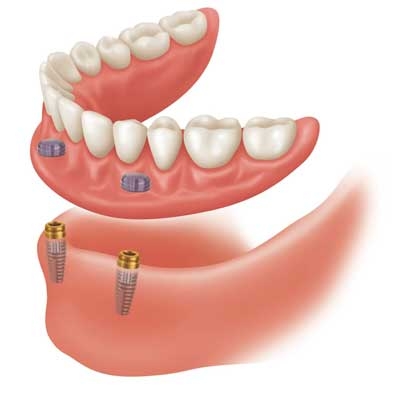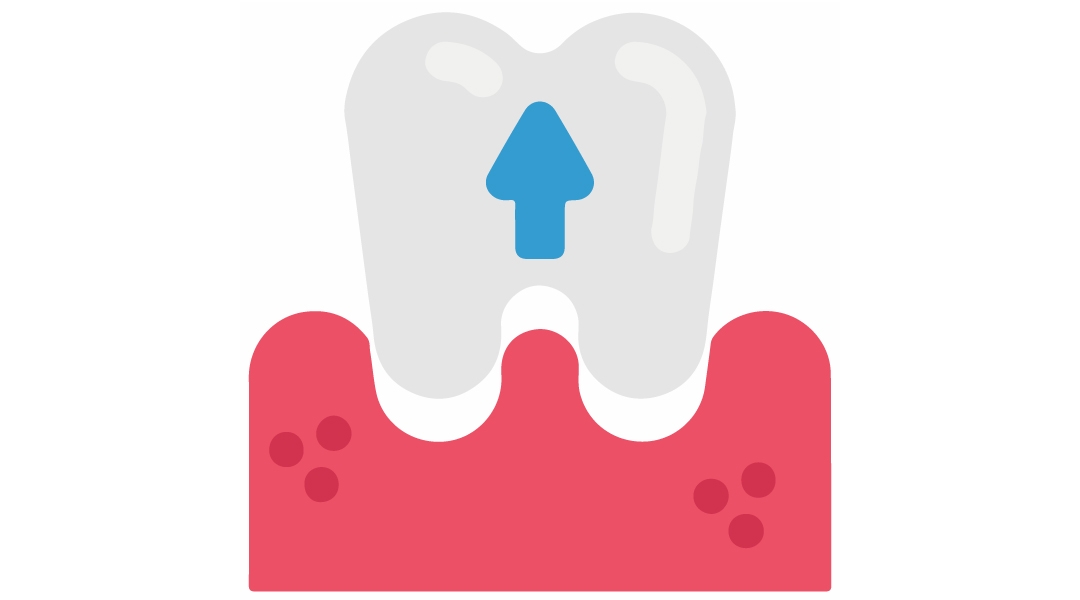SIGN UP AND START SAVING
How Much Do Overdentures Cost?
Overdentures will include the denture, the implant placement, the fitting and more. A typical overdenture procedure with 2 implants, can cost anywhere from $7,500 to $13,000. Our goal is to pair you up with the best doctor with the best pricing.


Some things to know
about overdenture costs


Treatment costs may vary by location
- Zip Codes beginning with 919: +6.4%
- Zip Codes beginning with 920: +8.1%
- Zip Codes beginning with 921: +7.8%
Example: Overdenture treatment in the 92078 zip code tends to be about 8.1% higher than the national average. Estimated cost information is provided for information purposes only. Treatment costs will vary according to patient needs and situations.
Fill out the form to talk to a qualified dentist and learn more about overdenture treatment costs for your case.
Other costs
Each patient’s case is different. You may need additional treatment before your dentist can go ahead with overdenture treatment. For example, teeth may need to be extracted. Additional bone grafting might be necessary if you lack sufficient bone for the procedure.
Please see a qualified dentist for more information and advice.


Frequently Asked Questions
What are some lower cost alternatives to Implant Retained Overdentures?
- Patients with healthy tooth roots may also be eligible for tooth root retained overdenture treatment. Unlike implant-retained overdenture treatment, tooth root retained overdentures use an attachment cemented onto the patient’s own tooth roots instead of placing a dental implant.
Because implant surgery isn’t needed with tooth root retained overdentures, the cost of the procedure can be much lower than the cost of a dental implant-retained overdenture. Many times, dental insurance will cover some or all of a tooth retained overdenture procedure where it won’t cover the cost of dental implant-retained overdenture treatment.
Every patient is different and successful tooth root retained overdentures require good dental hygiene and healthy tooth roots. Please contact a qualified dentist to learn more about tooth retained overdentures.
What are overdentures?
- Overdentures are removable dentures that are held in place in the patient’s mouth with dental implants and attachments called abutments. The implants and abutments hold the denture in place and let patients snap their dentures in and out for cleaning.
What are some reasons to have the overdenture treatment?
- Talk Better: patients can talk better and more clearly and don’t have to worry about their dentures coming loose when talking.
- Smile Better: overdentures are less likely to come loose and patients can smile without embarrassment or fear of their denture coming loose.
- Eat Better: overdentures hold the denture in place and give patients better chewing ability. Patients can eat more foods that they love without their dentures coming loose.
- Look Better: a well designed overdenture can help patients look better by making their face seem fuller and hide the sunken cheeks look from bone loss and facial collapse after using regular dentures.
What are some reasons to NOT have the overdenture treatment?
- Overdenture treatment is a surgical procedure. Patients with the following conditions should NOT seek overdenture treatment:
- Heart diseases affecting the valves, recent infarcts, severe cardiac insufficiency, cardiomyopathy
- Active cancer, certain bone diseases (osteomalacia, Paget's disease, brittle bones syndrome, etc.)
- Immunological diseases, immunosuppressant treatments, clinical AIDS
- Patients awaiting organ transplant
- Certain mental diseases
- Strongly irradiated jaw bones (radiotherapy treatment)
- Treatments of osteoporosis or some cancers by bisphosphonates
- Patients with the following conditions should be evaluated on a case-by-case basis. Dental implants should only be placed after careful evaluation and some preliminary treatments.
- Diabetes (particularly insulin-dependent)
- Angina pectoris (angina)
- Smoking and tobacco use
- Certain mental diseases
- Certain auto-immune diseases
- Drug and alcohol dependency
- Pregnancy
Please see a qualified dentist for more information and advice on overdenture treatment.
Fill out the form to learn more about qualified dentists in your area.
